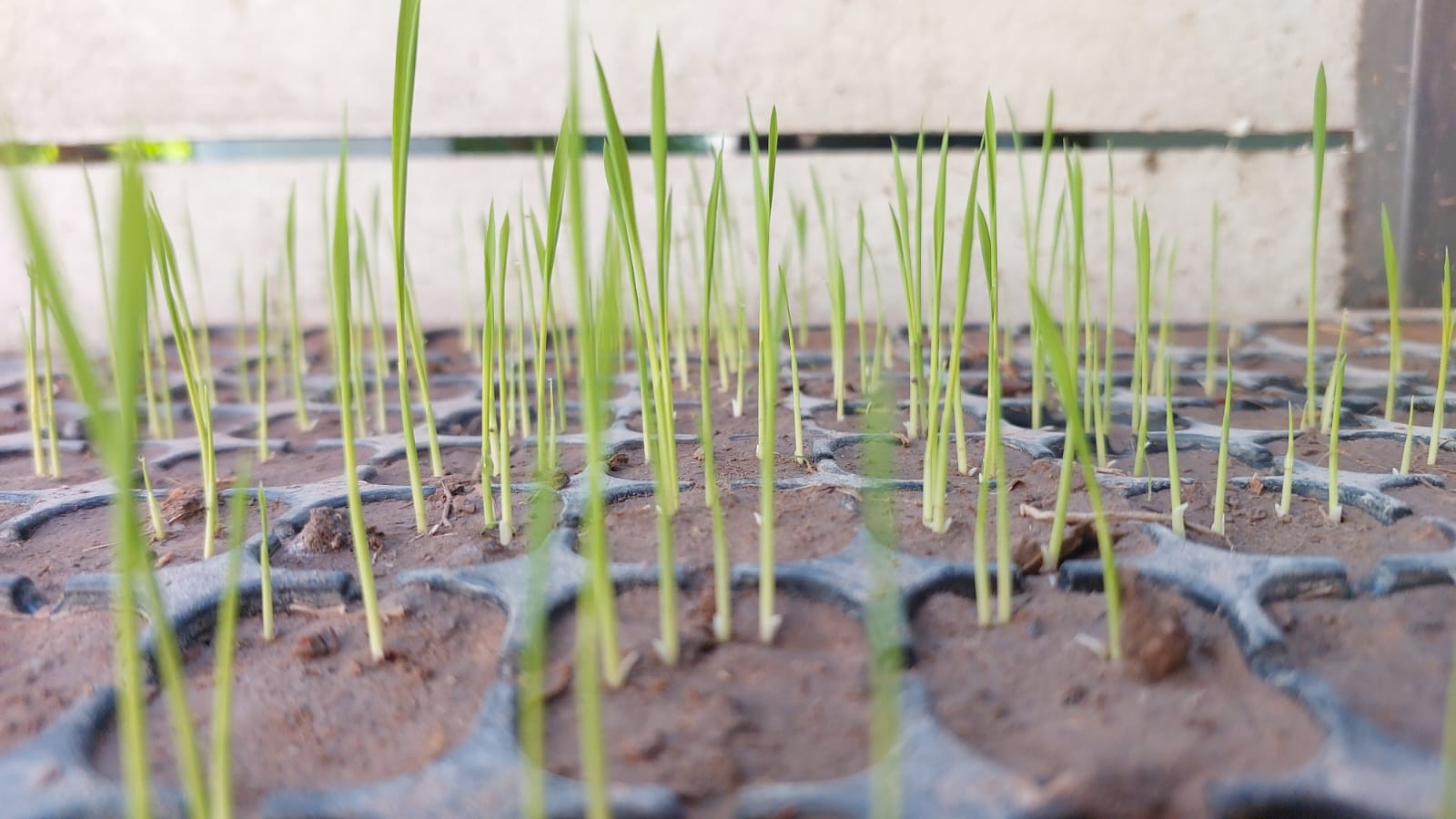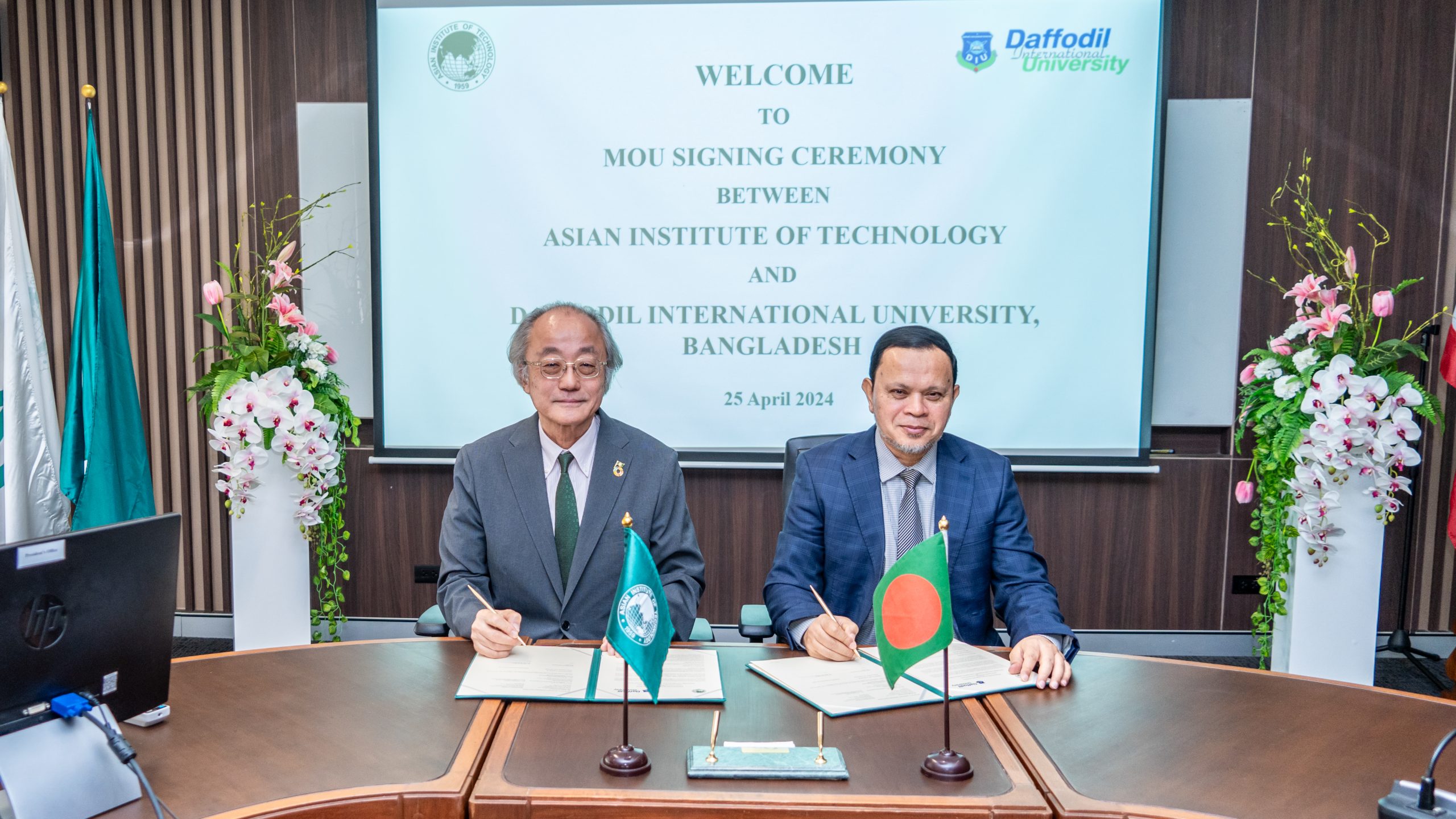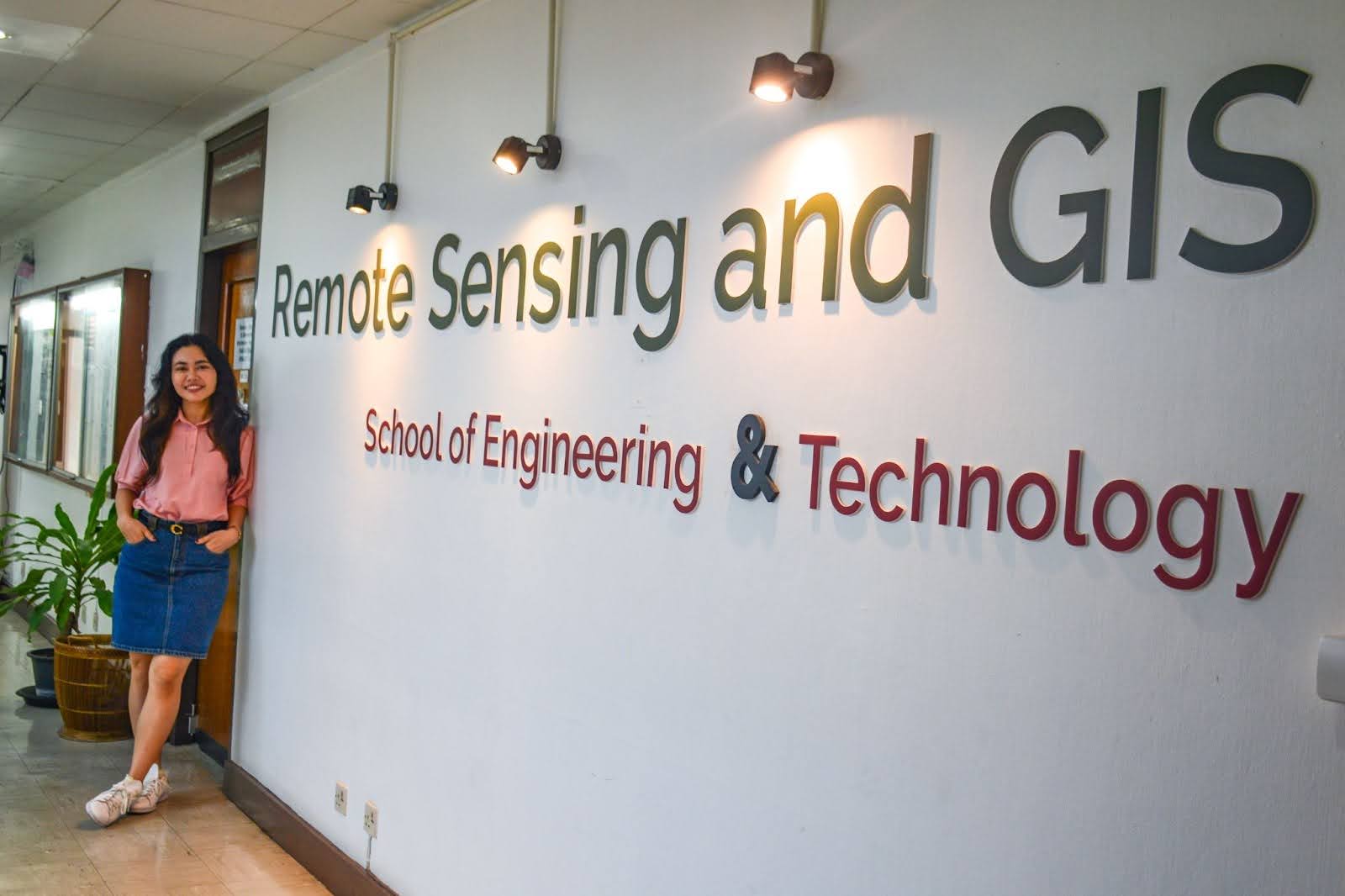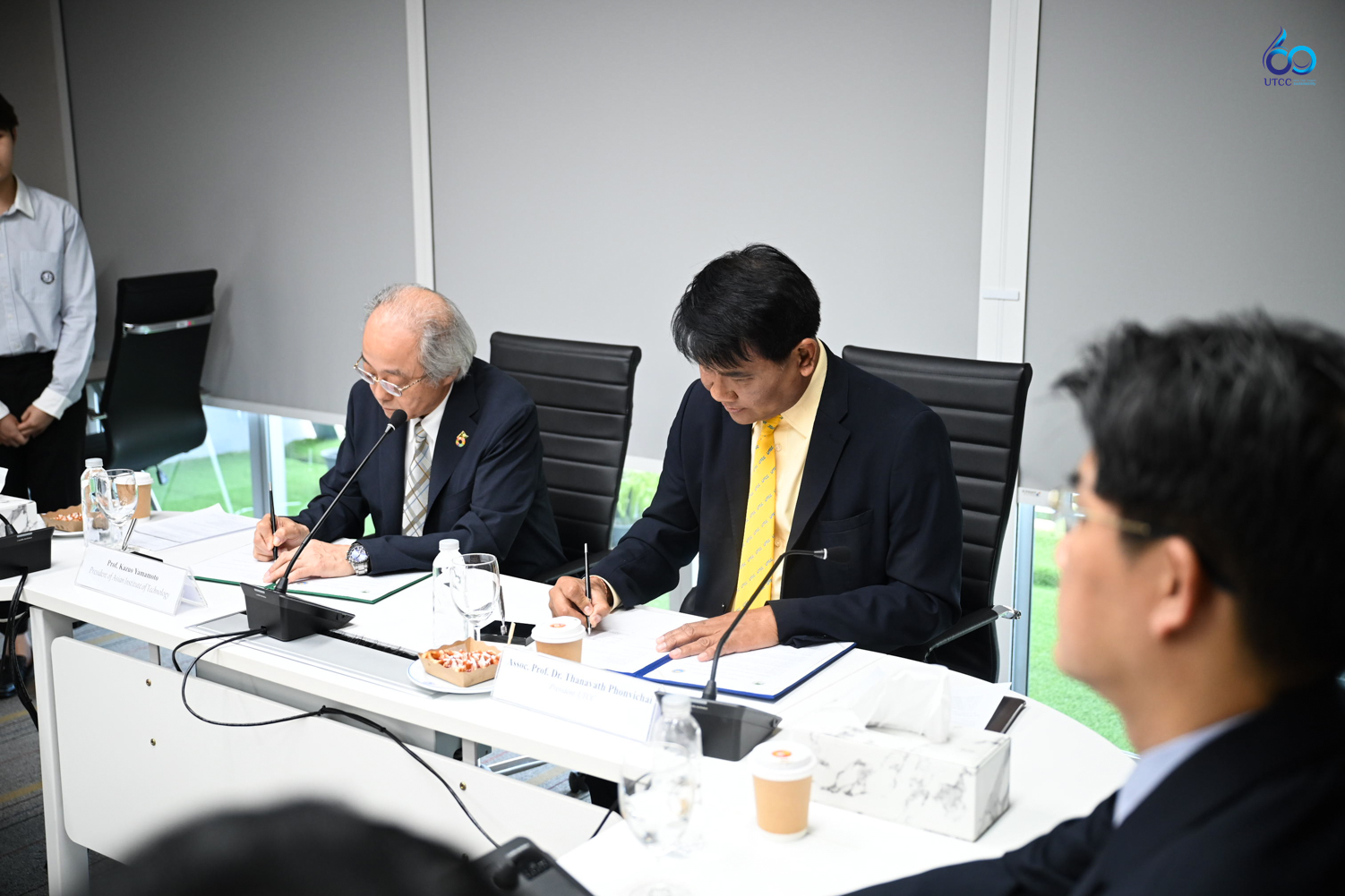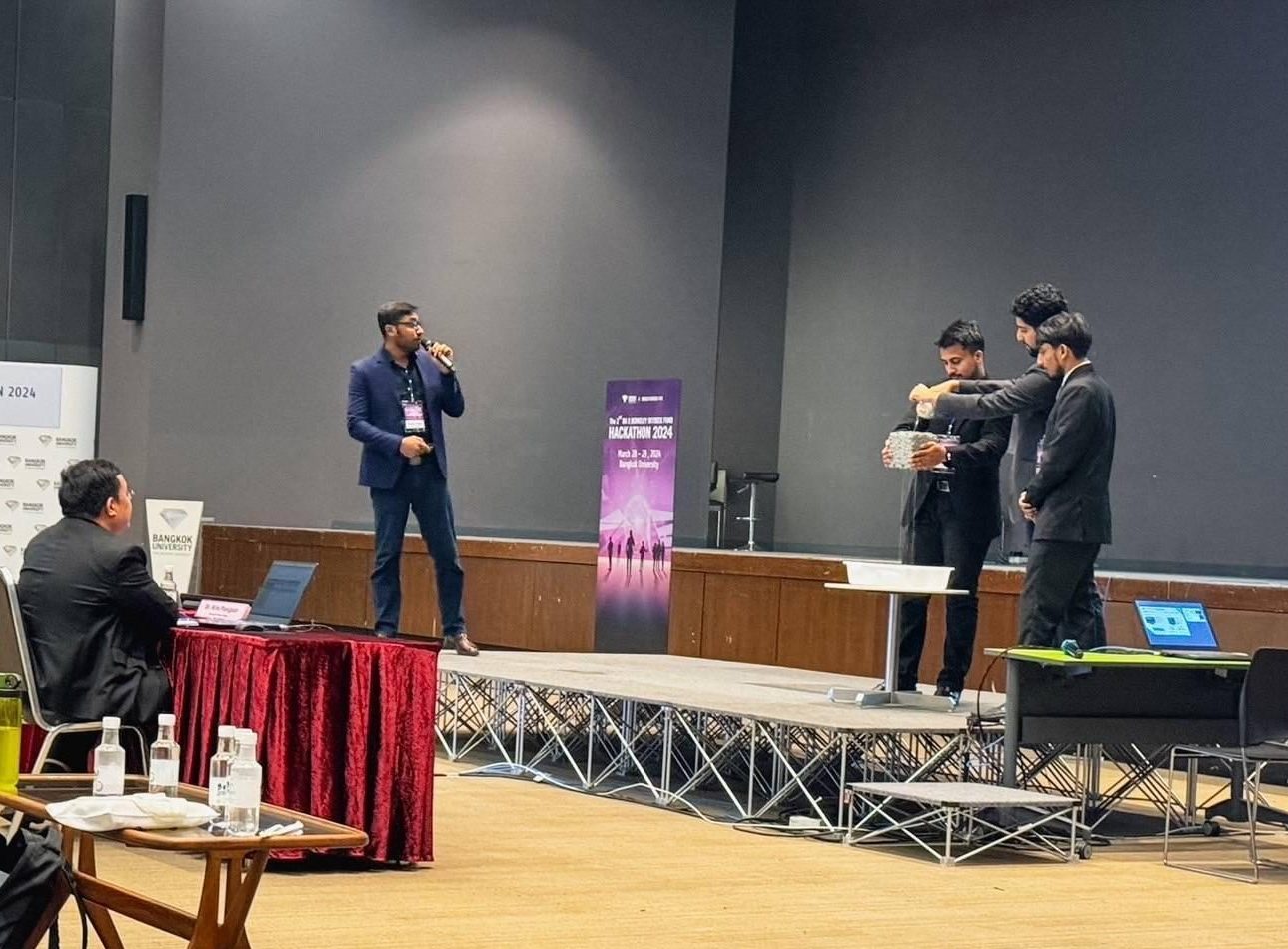The Asian Institute of Technology (AIT) participates in the MicroSOS project “Plants Crying for Help”, awarded 1.6 million euros by the HORIZON Marie Curie Staff Exchange initiative (MSCA-SE). This project aims at fostering sustainable and climate-resilient agriculture and spans from January 2024 to December 2027. It involves a consortium of ten international entities comprising academic and industry institutions.
Led by the University of Malaga (UMA) in Spain, with the Spanish National Research Council (CSIC) and the Institute of Subtropical and Mediterranean Horticulture ‘La Mayora’ (IHSM) with the following core members: Agricultural University of Athens (AUA) in Greece, the University of Tuscia (UT) in Italy, and AIT from Thailand. Supporting partners of the project include Leiden University (LU) and the Dutch Institute of Ecology (NIOO) from the Netherlands, as well as the companies DeSangosse and Akinao from France, and The Weather Makers (TWM) from the Netherlands.


The MicroSOS project, coordinated by UMA, involves over 30 researchers and focuses on fostering research and innovation through exchange and mobility between academic and business partners across Europe and Thailand in the agricultural and environmental sectors. Through these exchanges, the MicroSOS project aims to transfer skills, knowledge, and competencies between institutions specializing in agriculture, enhance the career perspectives of early-stage researchers, and establish sustainable collaborations between European and Southeast Asian partners.
Scientific background:
Agriculture and agricultural soils are under increasing stress due to climate change, with diverse ecosystems, including rice agriculture, being major emitters of Greenhouse Gases (GHG), including methane, as a global concern. The microbiomes (Community of microorganisms that inhabit a specific environment) associated with plants can significantly contribute to their adaptation to stressful conditions by facilitating the uptake of nutrients, activating immune responses against pathogens and insects, and mitigating the effects of abiotic stresses such as drought, salinity, and GHG emissions. In this context, unlocking the potential of microbiomes in agriculture is crucial for optimizing management approaches and sector improvements. The MicroSOS project aims to bridge fundamental research with practical applications through collaboration between universities, research centers, and companies in the agricultural and environmental sectors.
At AIT, Dr. Simon Guerrero-Cruz facilitates knowledge exchange with European partners. Dr. Simon’s goal in this project is to offer exchange opportunities to staff and students interested in these areas, strengthening capacity building and fostering international collaborations for AIT’s development in this field. Interested staff, PhD students, and staff, are encouraged to contact Dr. Simon Guerrero-Cruz for more information and to explore exchange possibilities for laboratory staff, PhD students, researchers, and faculty members.
Get to know more about the project at: https://microsos.org/
Get to know the role of AIT in the MicroSOS project and other relevant works initiated by Dr. Simon Guerrero-Cruz. https://microsos.org/ait-thailand/


